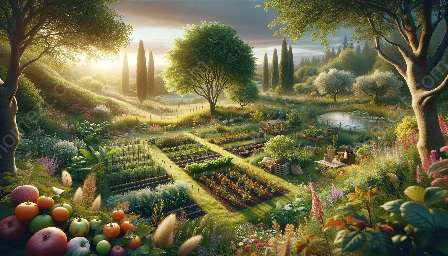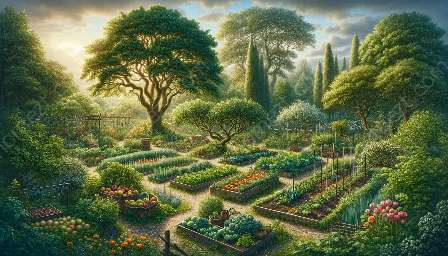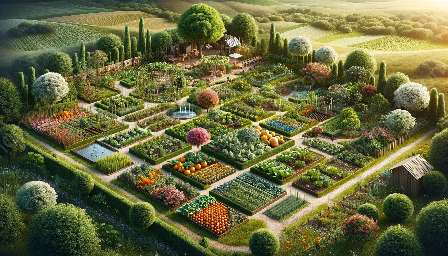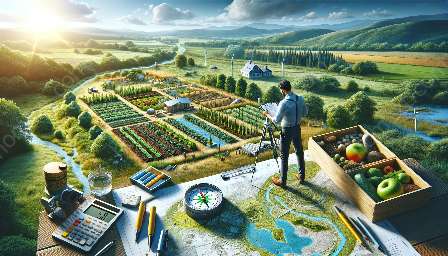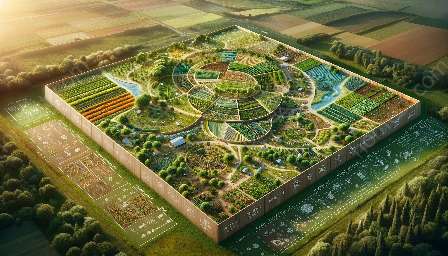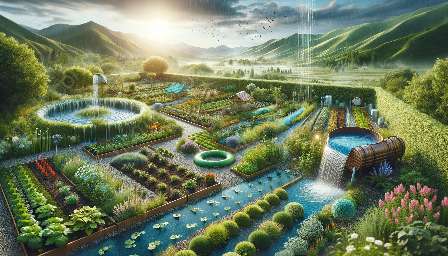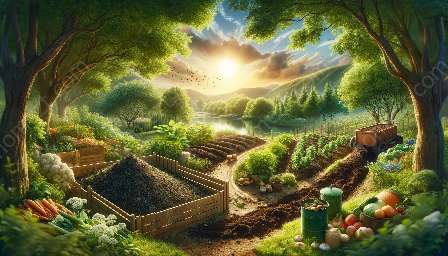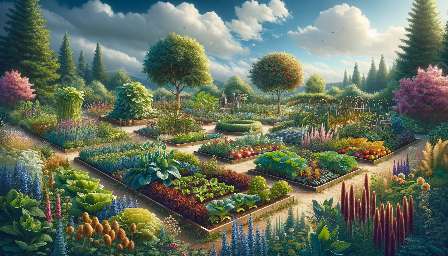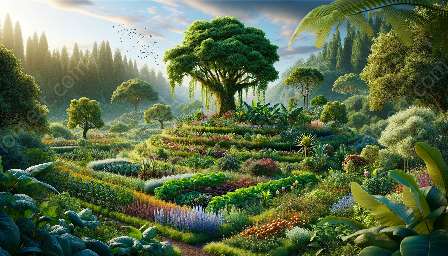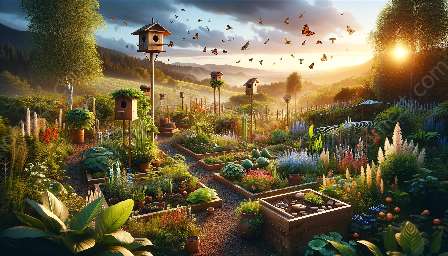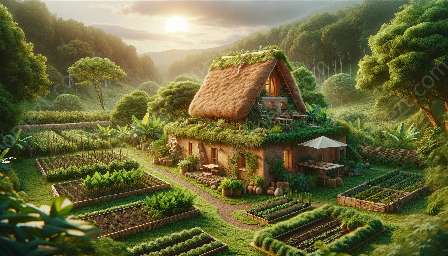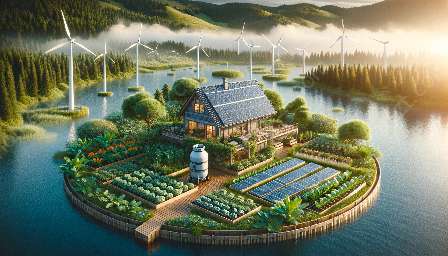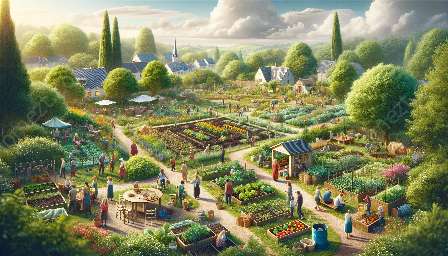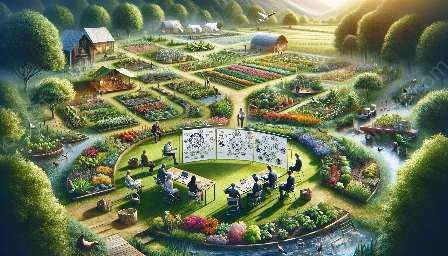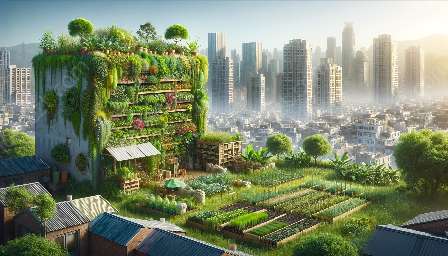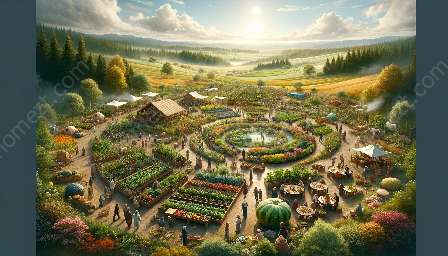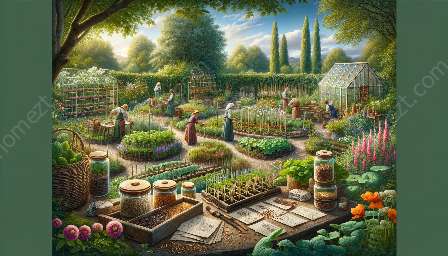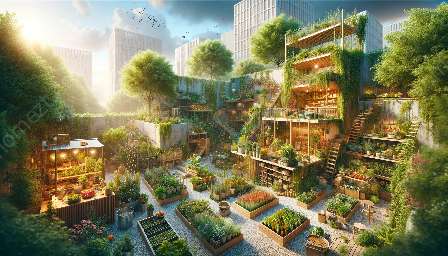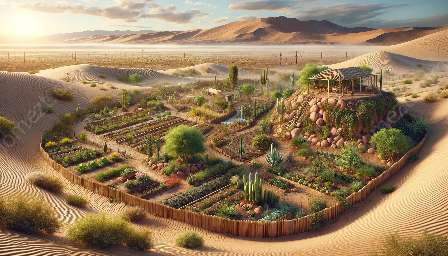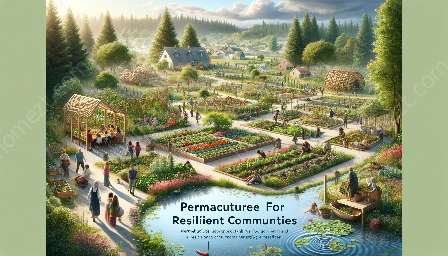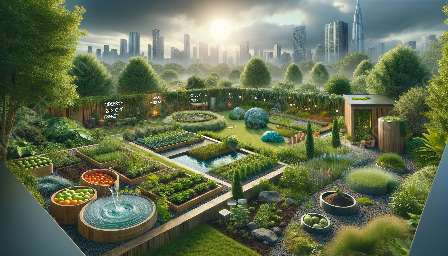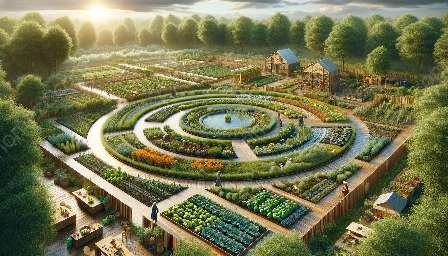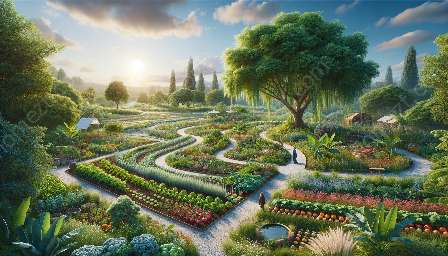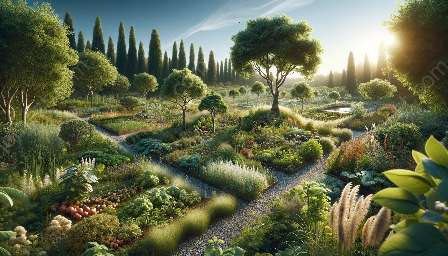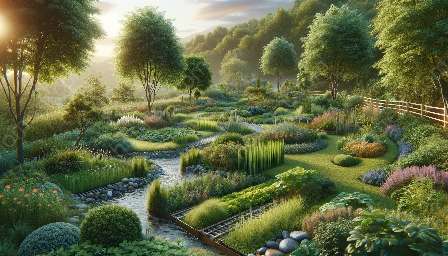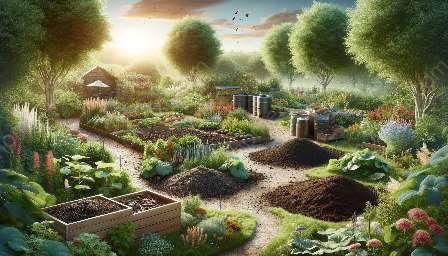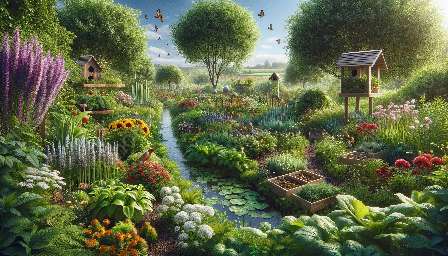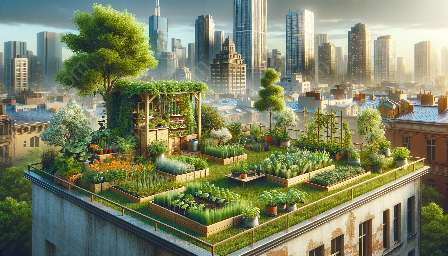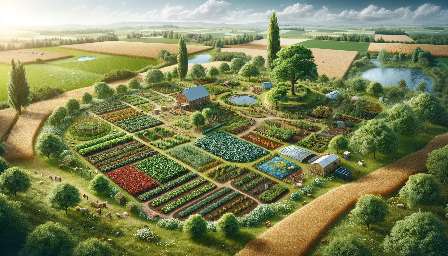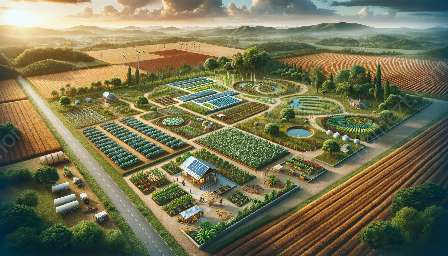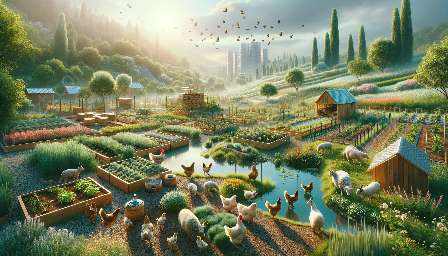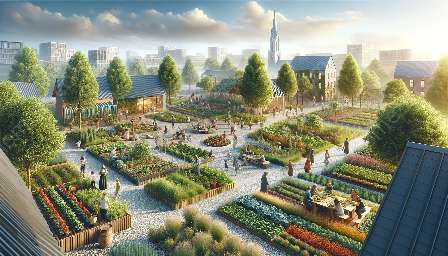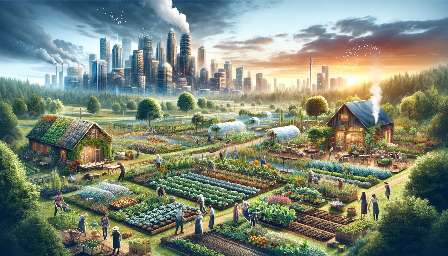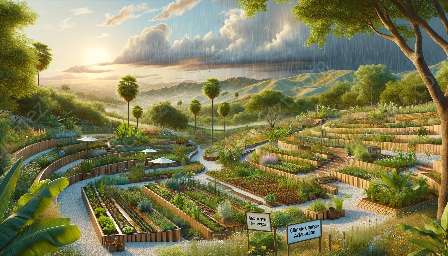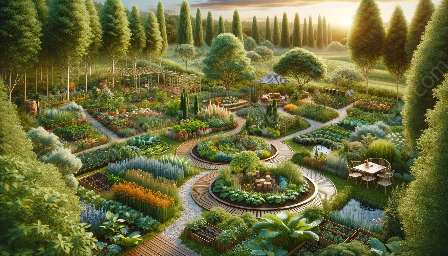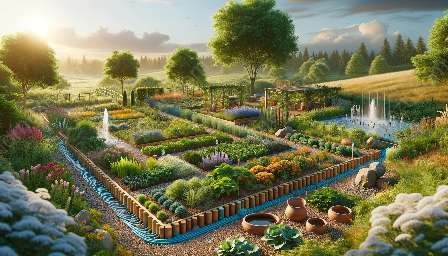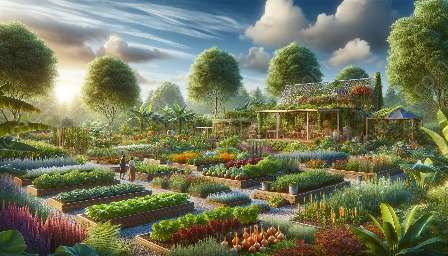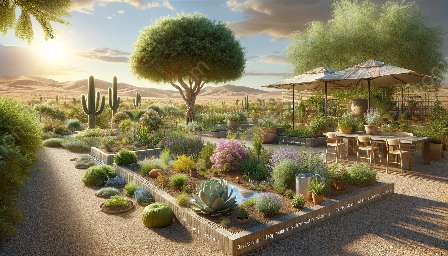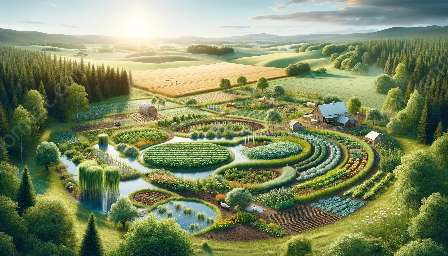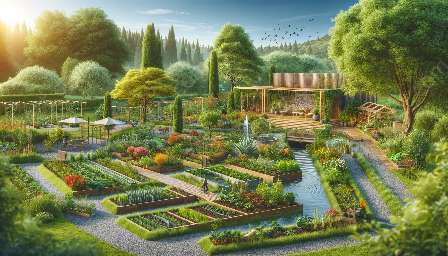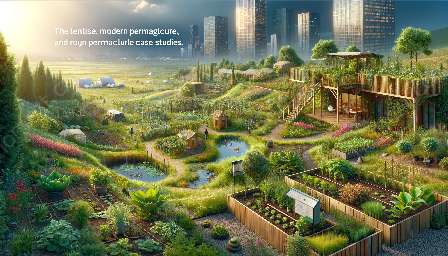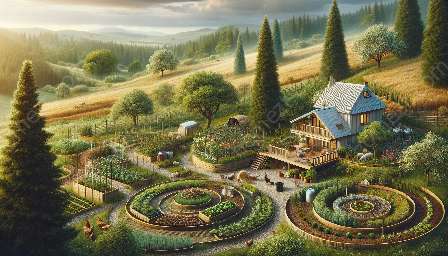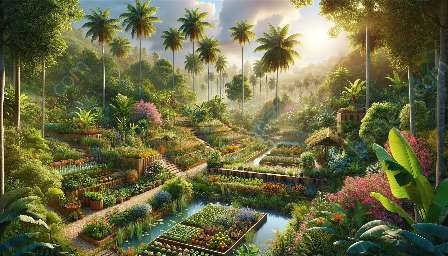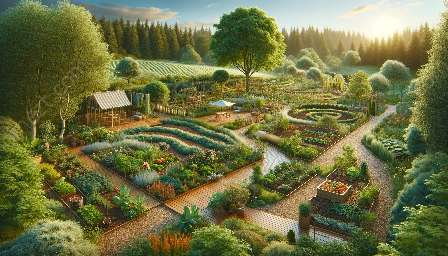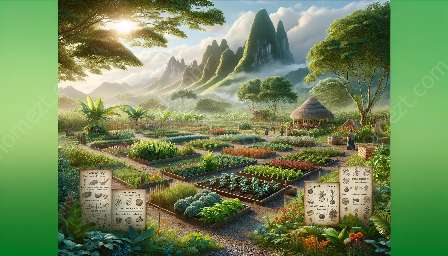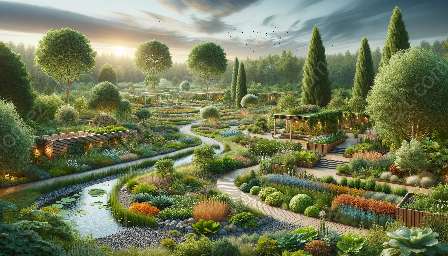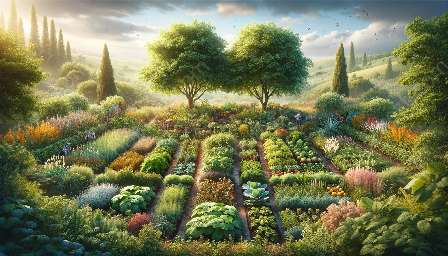Permaculture offers a holistic approach to sustainable living, focusing on intentional design that mimics natural ecosystems and incorporates principles of water conservation. In the realm of gardening and landscaping, permaculture practices hold great potential for creating thriving, eco-friendly environments.
Understanding Permaculture
Permaculture is a design system that emphasizes working with nature rather than against it. By observing natural patterns and ecosystems, permaculture seeks to create regenerative and self-sustaining environments. A key aspect of permaculture is the efficient use and conservation of water resources through strategies like rainwater harvesting, greywater recycling, and integrated water management.
Water Conservation in Permaculture
Within permaculture, water conservation is a fundamental principle. The aim is to reduce water consumption by utilizing smart design strategies, such as creating swales and ponds to capture and store rainwater, implementing drip irrigation systems for efficient water usage in gardens, and developing sustainable water cycles within the landscape. By integrating these water conservation practices, permaculture contributes to the preservation of natural water resources and mitigates the impact of droughts and water scarcity.
Permaculture in Gardening & Landscaping
When it comes to gardening and landscaping, permaculture offers a wealth of benefits. By implementing permaculture principles, gardens and landscapes can become more resilient, productive, and environmentally sustainable. For example, using native and edible plants, employing companion planting techniques, and creating diverse, layered gardens can help enhance biodiversity and contribute to ecological balance. Utilizing water-wise gardening methods and promoting soil health are also integral parts of permaculture in landscaping to ensure sustainable water use and conservation.
Integrating Permaculture and Water Conservation Practices
In the context of gardening and landscaping, integrating permaculture with water conservation practices is an ideal approach for creating harmonious and environmentally conscious outdoor spaces. By applying permaculture principles such as capturing, storing, and using water innovatively, gardeners and landscapers can develop water-efficient systems that support healthy plant growth while minimizing water waste. Employing mulching, soil building, and creating water-retaining features can further maximize the benefits of permaculture and water conservation in gardening and landscaping.
The Future of Sustainable Gardens and Landscapes
As interest in sustainable living and eco-friendly environments continues to grow, the integration of permaculture and water conservation in gardening and landscaping holds promise for the future. By embracing these practices, individuals and communities can contribute to water stewardship, biodiversity conservation, and sustainable food production. Through education and implementation, the principles of permaculture and water conservation can inspire a shift towards resilient, thriving outdoor spaces that positively impact the environment and human well-being.

